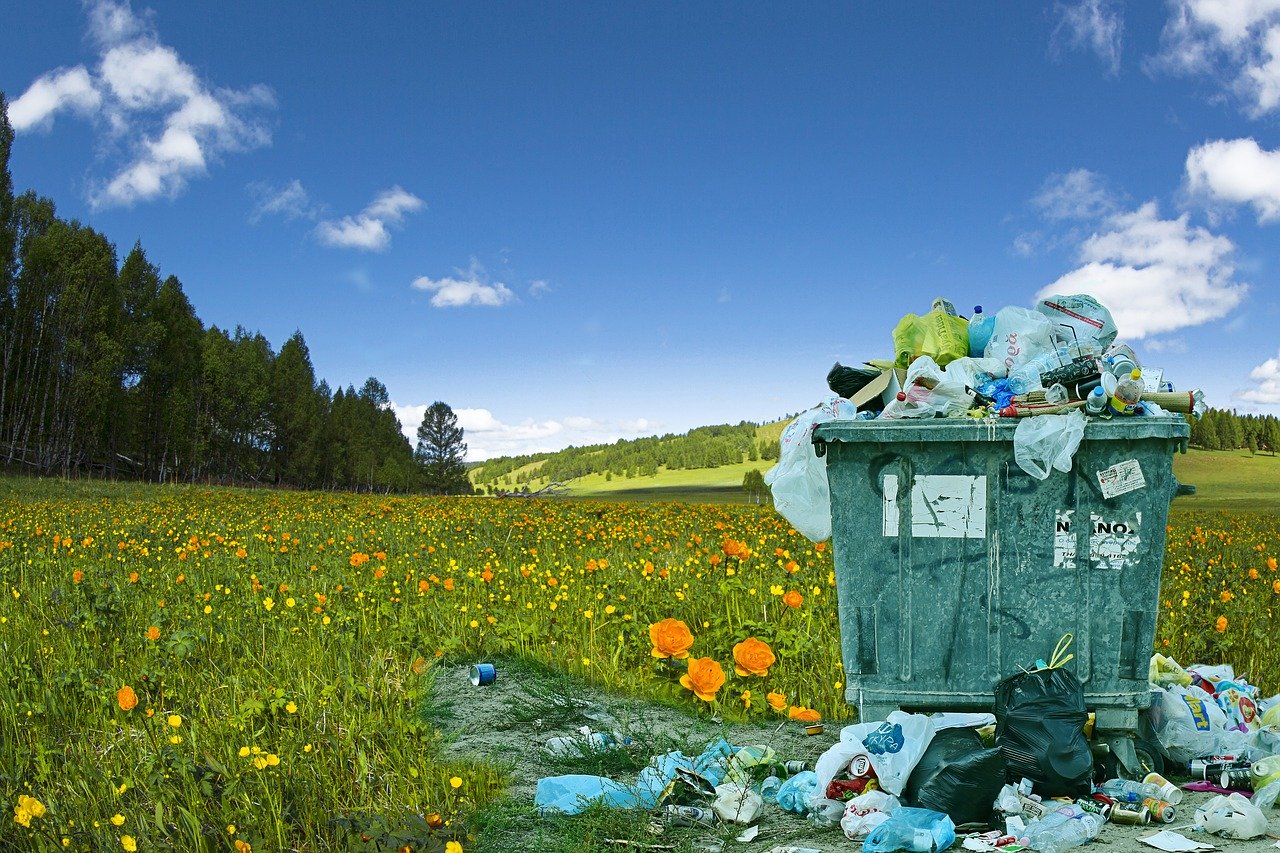Improper handling and disposal of wastes do not only damage the environment, but it has its way in causing severe health problems to everyone with no exception.
When you throw your garbage, it doesn’t automatically disappear in your bins. Poor waste management exposes families to different health problems. Kids who always enjoy playing outside are at high risk of this rubbish.
Moreover, the presence of different kinds of wastes poses serious health threats. Household rubbish includes food wastes, gadgets, chemicals and many other junks providing an unlimited source of health risks.
Hence, efficient rubbish removal and waste management are steps in the right path to avoiding health risks. Removing waste effectively is achievable in relying on rubbish removal services than waiting for your garbages to be collected.
Knowing your community produces a massive amount of waste, it exposes everyone to health risks. To avoid these risks, here are some of the health problems related to improper waste disposal:
Related: How to keep your home disease-free
Infections
Bite from Animals
Rodents and some insects proliferate in untidy places. With an abundance of disease-carrying pests, this poses serious health threats.
Different diseases result from the bites of animals feeding on the trashes. Rodents carry diseases like leptospirosis, rat-bite fever, salmonellosis, and Hantavirus Pulmonary Syndrome. Meanwhile, mosquitoes live in excess cans and tires that collect water, causing dengue, malaria and yellow fever, to name a few.
Skin and Blood Infection
When exposed to excessive rubbish, infections of open wounds can occur with direct contact of wastes. Also, you might be handling medical residues and needles that can cause tetanus and other blood-borne pathogens.
Intestinal Infection
Flies can transmit intestinal diseases feeding on the waste ‒ particularly shigellosis. That’s why it is best to tend your rubbish as soon as possible to avoid these problems.
Chronic Diseases
The waste incineration process produces a massive amount of dust and hazardous debris that can cause chronic respiratory diseases. Studies show that particulates have both acute and chronic effects. Children and the elderly are susceptible to these respiratory effects.
Moreover, the possibility of cancer is high in residents exposed to hazardous waste. Different studies establish a connection between cancer and hazardous waste. Unknowingly, the rubbish you typically see every day can cause diseases or worse death.
Accidents
Working on overflowing wastes has a very high risk of getting an injury. Improperly discarded objects like broken glass, sharps and metal scraps can result in severe wounds.
Also, chemical burns can result from contact with hazardous chemical waste mixed with general waste. You might also slip because of stepping some solid wastes containing oil and grease. When tending the poorly discarded rubbish, bone and muscle disorders can result from handling heavy objects.
Risks from Contamination
Soil Contamination
Contaminating the soil is the first problem caused by improper waste disposal. Some of the wastes excrete hazardous chemicals that can leak into the ground. When plastic bottles eventually break, they release DEHA ‒ a carcinogen that causes liver dysfunction, weight loss and affects the reproductive system.
When these hazardous chemicals contaminate soil, it doesn’t only affect plants but humans and other animals feeding on it. If everyone promotes recycling, this can be avoided.
Water Contamination
Leeches from hazardous or rotting rubbish can reach the groundwater or other bodies of water. This water is used for watering local field or human consumption.
Besides, contaminated water can damage marine habitat and poison fishes. Not just affecting the balance of the environment, but the threat is served in your plates when you consume these fish and other marine animals.
Food Contamination
Improper waste handling also plays a significant role in food contamination. Polluted soil and water contaminate meats and other food–resulting in food poisoning. As leeches from rubbish pollute bodies of water, it affects the land as well as plants and animals in that area.
If you are getting some food supply in your garden, recycling and proper disposal of rubbish is essential. Proper dumping of waste is very important; especially, no one wants to expose its own family on the threats of food poisoning.
Conclusion
Accumulating improperly disposed waste haunts everyone and the future generation. It is irresponsible to give burden to the next generation in terms of improper waste disposal. The effects of the rubbish are very serious to the environment, wildlife and humanity. If proper waste disposal starts with every home on the planet, this global crisis will be solved.
Practising reduction, reusing, recycling and recovering resources can help lessen the pollution and stop it in threatening everyone in your household.
One of the best ways to solve this is by getting help from a trusted rubbish removal service provider. In Paul’s Rubbish Removal, you can guarantee that much rubbish is diverted from landfills that continuously contaminate soil, water and air.
Compliant with NSW EPA standards, our company is very efficient with the help of our vast network of recycling and disposal facility.
For waste disposal services, feel free to call at 0407 125 125 to set a booking or email us for inquiries and a free quote.







